Category: 2023 elections
-
Last year, there were 66 elections decided by 10 votes or fewer across the United States
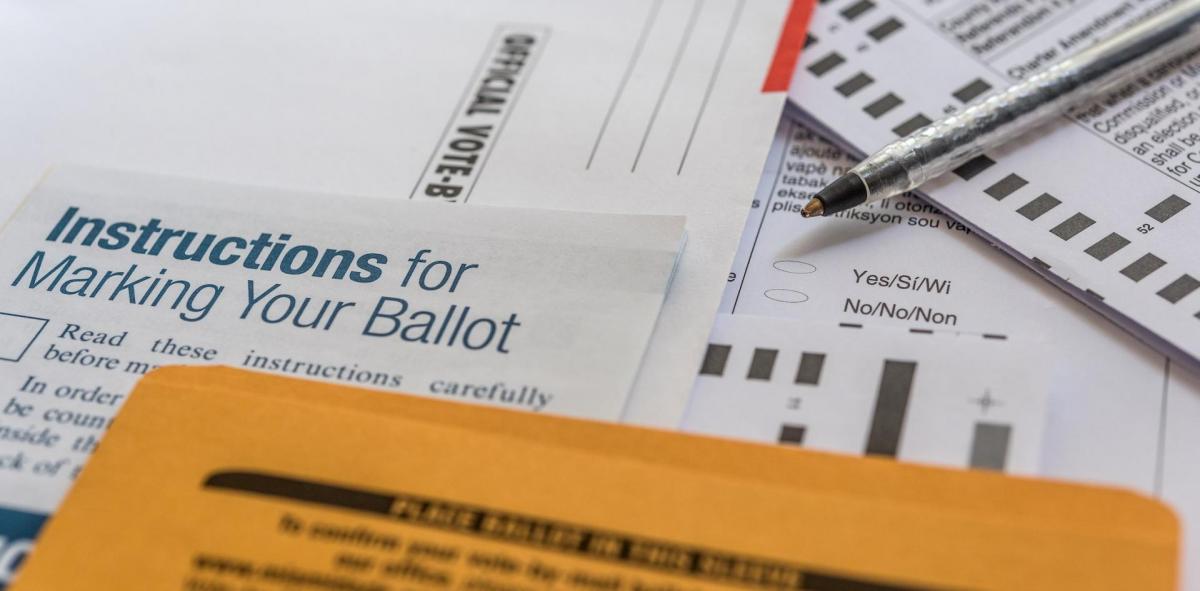
Sixty-six elections nationwide were decided by 10 votes or fewer between Sept. 2023 and Sept. 2024. Thirty-five of those were decided by 5 votes or fewer. Democrats won 21 of these elections, Republicans won 30, and nonpartisan or minor party candidates won 15. This year, the race decided by 10 or fewer votes with the…
-
2023 sees increase in recall attempts from 2022

In 2023, Ballotpedia covered 284 recall efforts against 418 officials. This was a slight increase in the number of recall efforts and a slight decrease in the number of officials targeted for recall compared to 2022, when we covered 267 recall efforts against 450 officials. The year with the greatest number of recall attempts covered…
-
Three candidates have filed to appear on Georgia’s Democratic presidential primary ballot
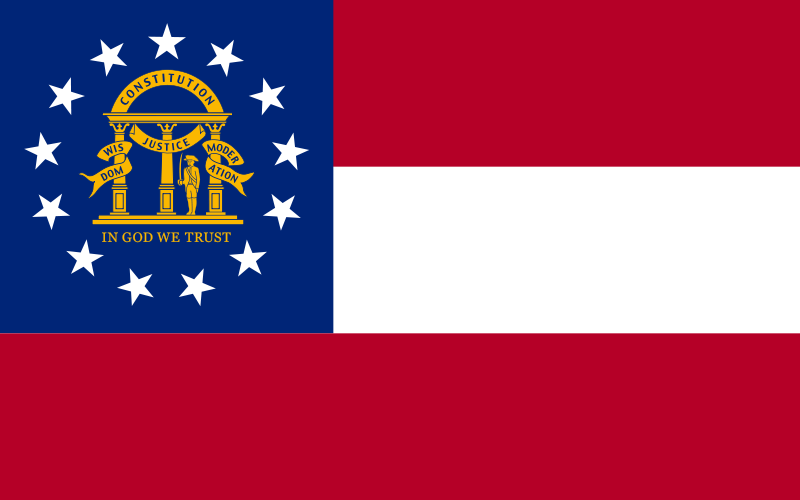
The Georgia Secretary of State released the list of candidates who filed for the Democratic presidential primary on Nov. 29, 2023, ahead of the Jan. 8, 2024, deadline. Three candidates qualified to appear on the March 12, 2024, ballot. Biden, Phillips, and Williamson have qualified to participate in five or more nominating contests. See the…
-
29 state legislative incumbents lose re-election bids in 2023

In 2023, 29 state legislative incumbents lost their re-election bids: 13 in general elections and 16 in primaries. This was more than in 2021 (22) but fewer than in 2019 (31). In the four states that held elections – Louisiana, Mississippi, New Jersey, and Virginia – 19 Republican incumbents (10 in primaries and nine in…
-
Landry (R) defeats Collins-Greenup (D) in Nov. 18 general election for Louisiana Secretary of State
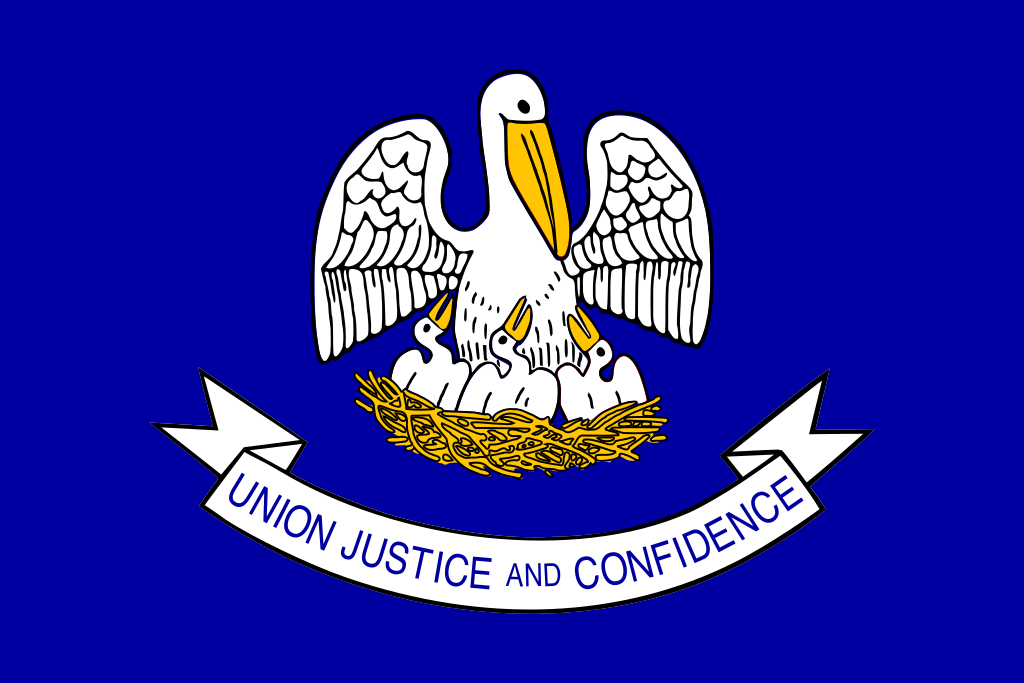
Nancy Landry (R) defeated Gwen Collins-Greenup (D) in the Nov. 18 general election for Louisiana Secretary of State. As of Nov. 18, Landry received 67% of the vote to Collins-Greenup’s 33%. Incumbent Kyle Ardoin (R) did not for re-election. Louisiana’s secretary of state is the state’s chief election officer. According to Louisiana Illuminator‘s Greg LaRose, the…
-
Legislative elections in New Jersey and Virginia could have an effect on future constitutional amendments
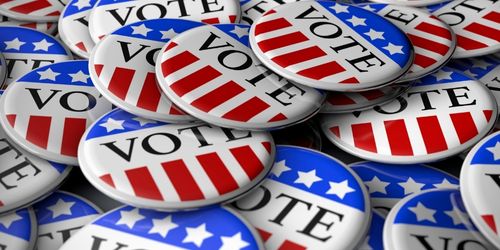
State legislature elections on Nov. 7, 2023, in New Jersey and Virginia shifted Democratic majorities in the legislatures. This could affect legislatively referred constitutional amendments that may appear on the ballot in future elections. In Virginia, Democrats won a majority in the House of Delegates and maintained their majority in the State Senate. Previously, in…
-
Election results in Kansas’ Leavenworth Unified School District 453 school board
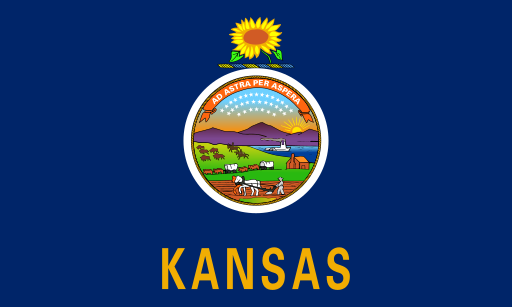
Incumbent Judi Price, incumbent Dannielle Wells, Karen G. Overbey, and Jessica Wilson won election to the Leavenworth Unified School District 453 school board in Leavenworth County, Kansas, on Nov. 7, 2023. Four of seven school board seats were up for election, and voters could choose up to four candidates. The district had approximately 3,695 students…
-
Democratic slate of candidates wins election to Central Bucks School District school board in Pennsylvania
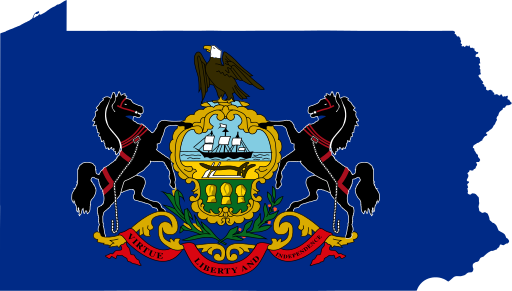
Incumbent Karen Smith (D), Heather Reynolds (D), Dana Foley (D), Rick Haring (D), and Susan M. Gibson (D), the Democrats who ran as the Neighbors United for School Board slate of candidates, were elected to the Central Bucks School District school board in Bucks County, Pennsylvania, on Nov. 7, 2023. The election resulted in a 6-3 Democratic…
-
Two incumbents lose election for South-Western City Schools Board of Education in Ohio

Denise D’Angelo and Julie Liskany defeated incumbents Anthony Caldwell and Lee Schreiner in the general election for South-Western City Schools Board of Education in Franklin County, Ohio, on Nov. 7, 2023. Two of five school board seats were up for election, and voters could choose up to two candidates. The district had approximately 21,699 students…
-
Louisiana voters will decide on four constitutional amendments on Nov. 18

Louisiana voters will decide on four constitutional amendments on Nov. 18, 2023. Amendment 1 would provide that the governor’s deadline to act on a bill is based on the legislative session in which the bill was passed rather than whether or not the legislature is in session. It would also allow the legislature to consider…

